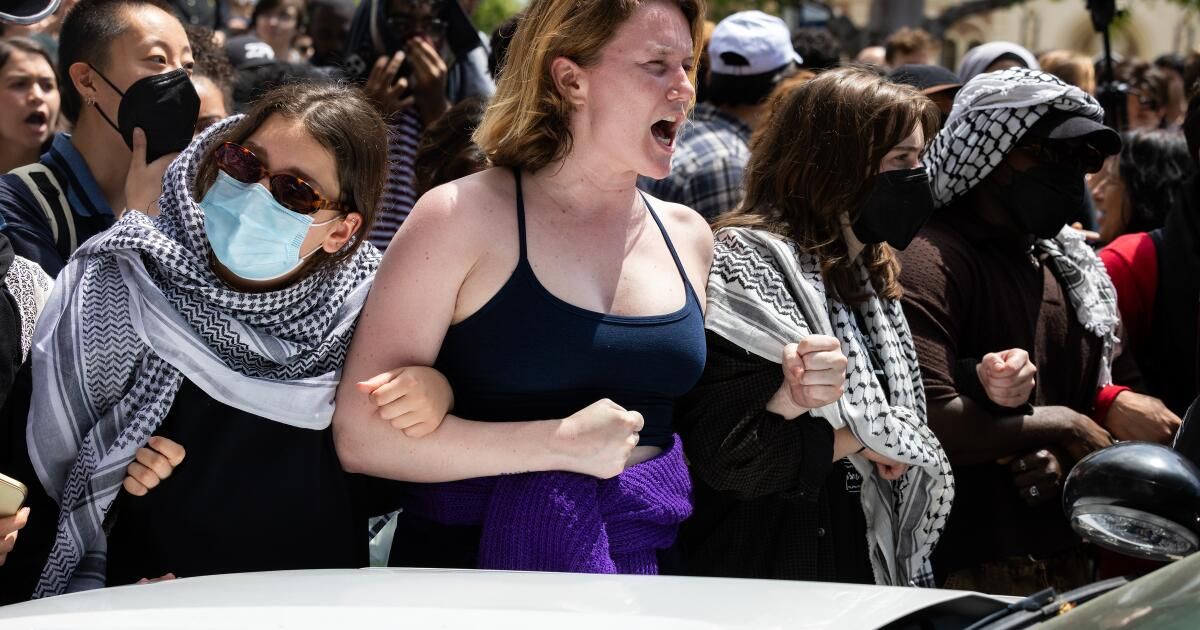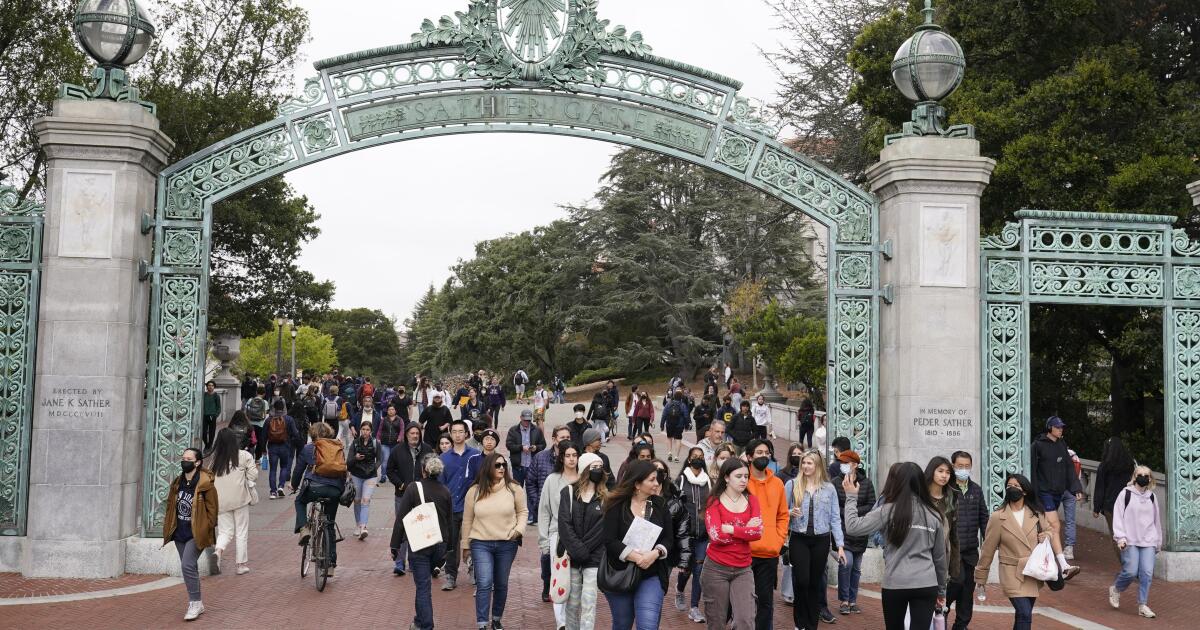The current campus demonstrations are a reminder that, of all the mossy clichés and smug pieties of polite (and impolite) American discourse, the sanctity of protest is the hardest to question.
Doubting the lofty nature of the protest provokes contempt from the elites more than any other skepticism about a constitutional right. Proposing limits on freedom of expression, for example, generates much less outrage. In fact, people question free speech all the time: in debates about “hate speech,” campaign finance, social media, and more. (Let's not even get into the trend of questioning Second Amendment rights.)
But if I say that most protests are performative cosplay, or mass gatherings of the angry, radical, lonely, or misinformed, someone will surely point to the civil rights protests of the 1960s or the campaign for women's suffrage, followed by a series of righteous how dare you?
This gets to part of my objection. There is nothing inherently good or bad about protesting. Organized protest is a form of speech and, like speech, is rightly protected by the First Amendment. But, like speech, its morality – although not its legality – depends entirely on the content.
You have the right to say or protest horrible things. Invoking that right does not make your vision any nobler.
The civil rights protests of the Jim Crow era were noble because the cause was noble. They did not prove that protesting is always good, just that it can be good. Replace the March on Washington with the Nazi march on Skokie, Illinois, and you get the point.
The aesthetics and psychology of protest are often unpleasant because crowds encourage extremism and intimidation. Well-intentioned protest organizers know this better than anyone; They often struggle to prevent crowds from turning into dangerous mobs. The central message of the mass protests is “strength is in numbers,” an overriding sentiment that can often lead to a kind of illiberal power intoxication. “The hallucinations of alcoholics provide us with the opportunity to study crowds as they appear in the minds of individuals,” writes Elias Canetti in his brilliant book “Crowds and Power.”
Some argue that democracy is about strength in numbers, and that is partly true. But the democratic will is exercised through the private actions of individual voters who vote in secret. The numerical strength invoked by most large protests is better understood as populism, and populism has an uglier history than democracy, due to the long history of race riots to January 6.
The irreducible political unit in the United States is the individual, not the multitude. The highest form of protest (and speech) is captured by Norman Rockwell. famous painting of a lone working-class dissident defending his conscience while his neighbors listen politely, not through images of mobs shouting insults, blocking traffic, occupying buildings or worse.
Again, not all protests are ugly riots or mass tantrums. But the tolerance often shown toward both is a product of romantic impulses fueled by '60s nostalgia. As a generation, progressive baby boomers take a backseat to no one in their staggering self-esteem and overestimation of their importance. historical. But these people have shaped the narratives of academia, entertainment, and journalism. They have convinced themselves, and the young minds they shape, that protest is self-justification, a rite of passage for enlightened youth.
Elite universities, led by acolytes of this cult, are struggling to deal with the protests because they believe, as a matter of educational philosophy, that giving voice to authentic passion is the path to self-actualization. As one headline conveniently summarized: “Student protest is an essential part of education.” Who says? People who love student protests, of course.
I could have salted this column with examples from today protesters developer as Lovely little one They know the issues that supposedly motivate them, or the fawning coverage of mobs that openly side with terrorists. But my point is not about these protests in particular. This is the broader cult of protest.
Nostalgic defenders of the 1960s college protests wanted Americans to believe they were a heroic success. stop The vietnam war. But what they really helped achieve was The election of Richard Nixon and seven more years of war.
Performative protest feels good to those who are drunk on their own unearned sense of importance. But these shows are often terrible for their intended purposes. That's all the more reason not to glorify protest for its own sake.












